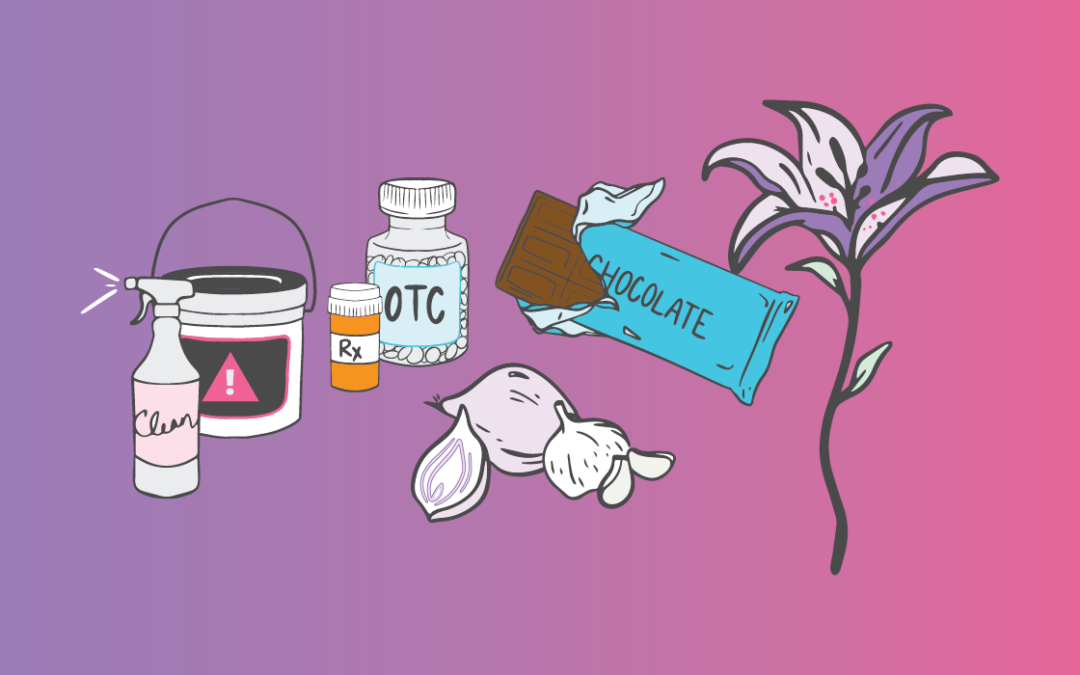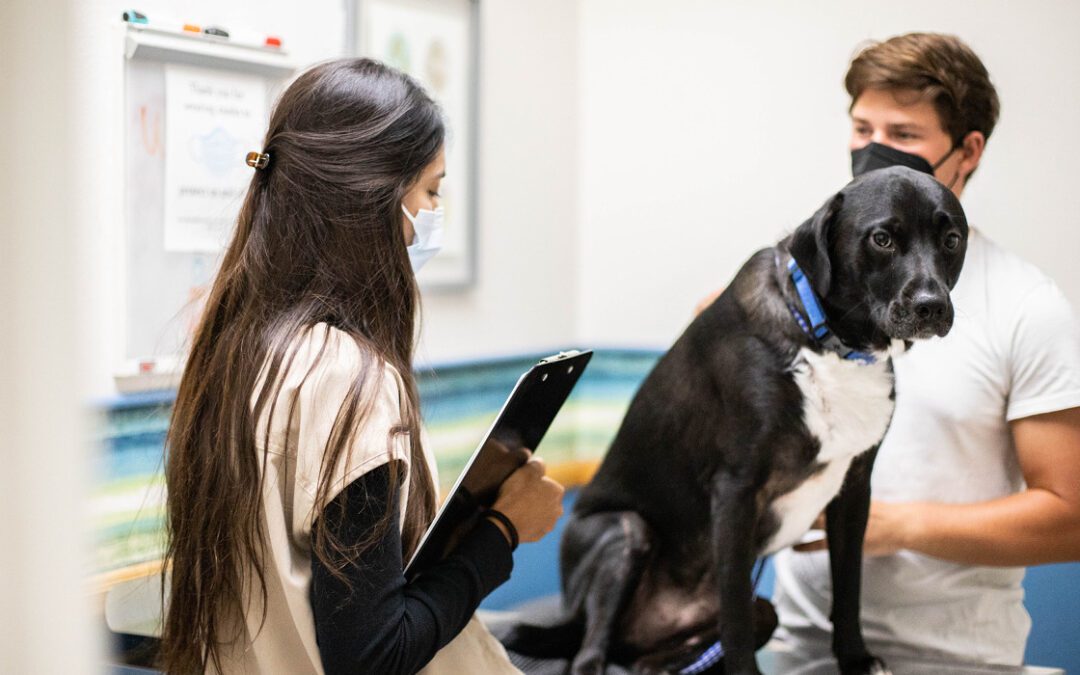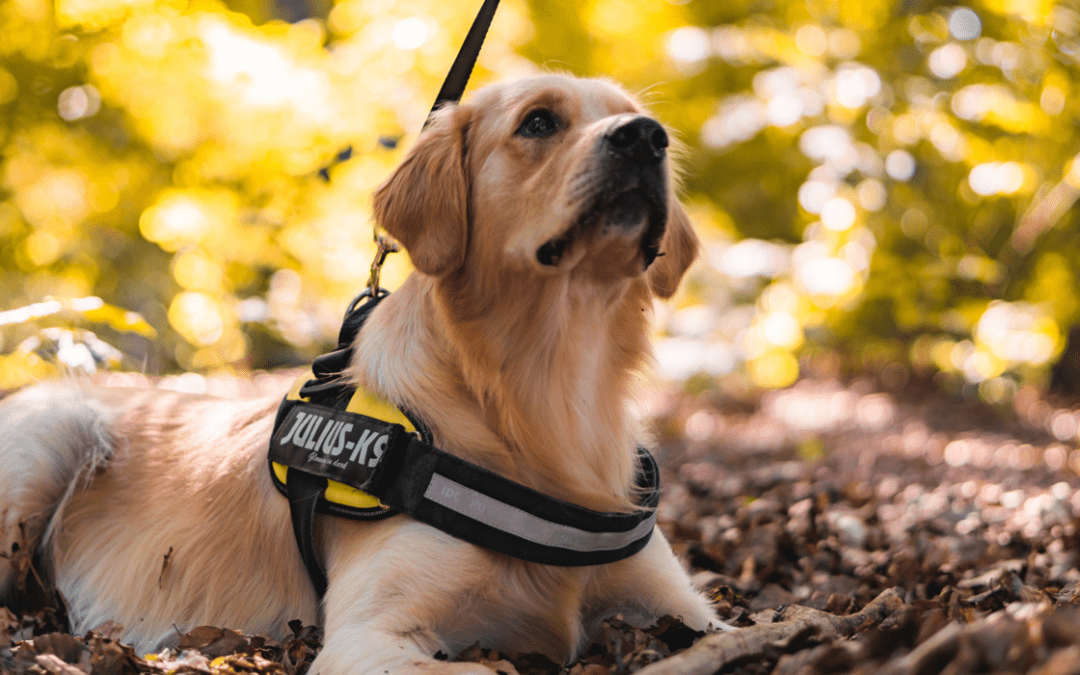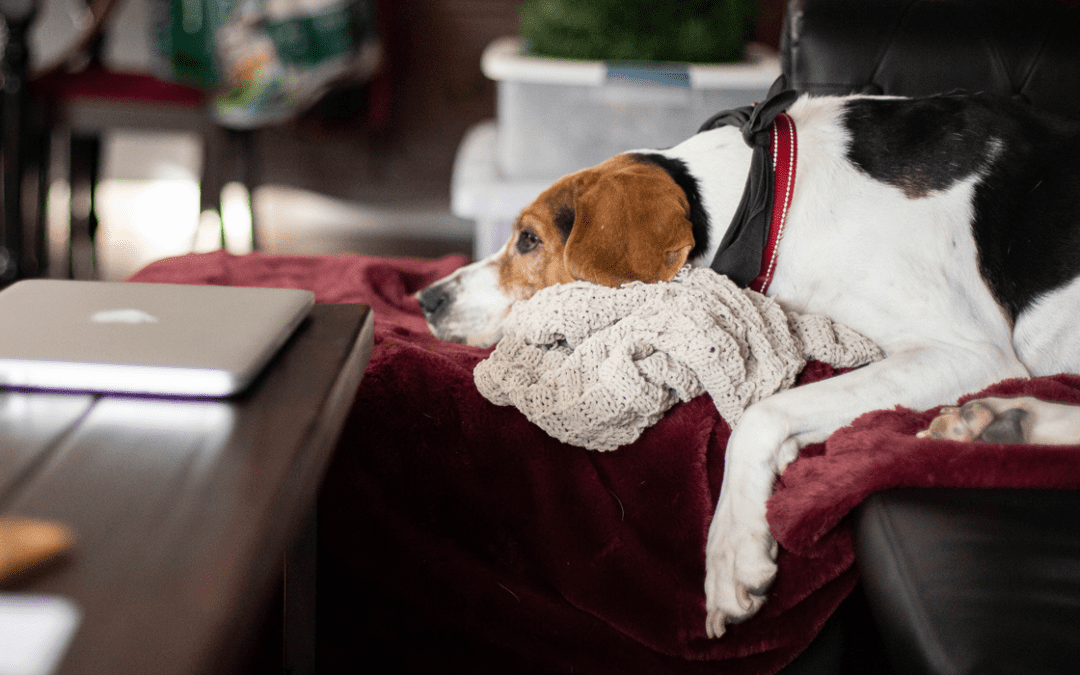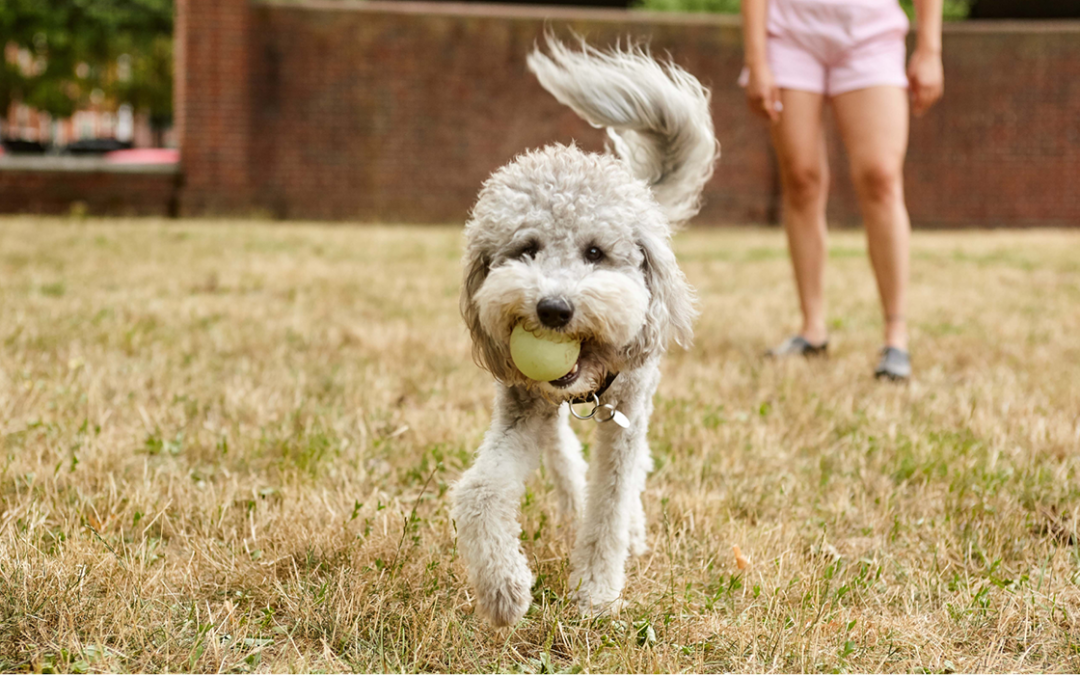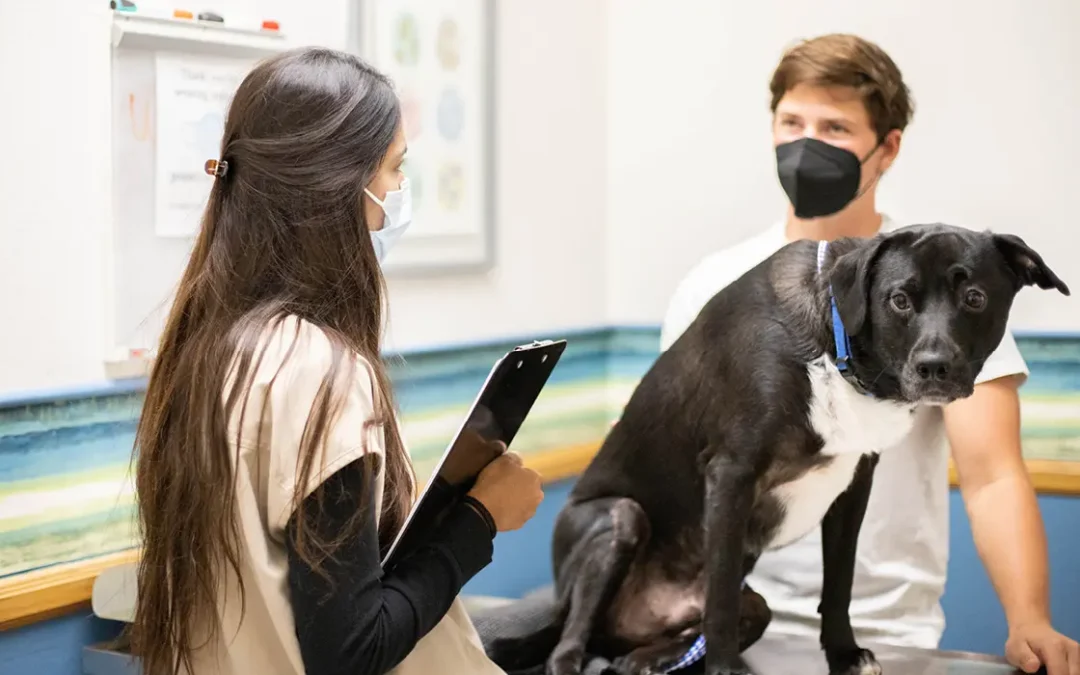Did you know that many of the items we use in our homes can be toxic to pets? March is Poison Prevention Awareness Month, and it’s the perfect time to raise awareness of the dangers posed by everyday household items.
Each year, the ASPCA Animal Poison Control Center (APCC) compiles a list of the top 10 pet toxins that were reported in the previous year. In this post, we’ll take a look at their most recent list and highlight the top 10 household items that are toxic to pets.
1. Over-the-Counter (OTC) Medications
OTC medications harm more pets than any other household item. That’s why it’s so important to keep these medications in a locked cabinet or other secure place. Examples of common OTC medications that are toxic to pets include:
- Acetaminophen (sold under brand names such as Tylenol and FeverAll)
- Aspirin
- Ibuprofen (sold under brand names such as Advil and Motrin)
- Naproxen (found in medications such as Aleve)
2. Human Prescription Medications
Human prescription medications also pose a huge risk to our pets. A wide range of medications can cause toxicity in animals. Here are a few that can be found in many homes:
- Adderall (used to treat attention deficit hyperactivity disorder)
- Calcium channel blockers (used to treat high blood pressure, angina, and other heart conditions)
- Diazepam (used to treat anxiety and alcohol withdrawal)
- Xanax (used to treat anxiety and panic disorders)
3. Human Food
Many of the foods we enjoy are perfectly safe for humans to consume, but can be toxic to pets. Here are a few examples of foods you should always keep well out of reach of animals:
- Grapes and raisins
- Onions and garlic
- Protein bars
- Xylitol (a sugar substitute that’s found in products like gum, baked goods, and desserts)
4. Chocolate
Chocolate contains a compound called theobromine, which is poisonous to dogs and cats. The higher the percentage of cacao, the more dangerous it is for pets. Ingestion of even a small amount of cocoa powder or dark chocolate can lead to a medical emergency.
5. Flowers and Plants
Many flowers and plants are beautiful additions to any home, but some can be extremely toxic to pets if ingested. Here are some examples of common flowers and plants that are toxic to pets:
- Azalea
- Daffodils
- Hydrangea
- Ivy
- Lilies
- Oleander
For a full list of toxic and non-toxic plants and flowers, check out this resource from the ASPCA.
6. Household Toxicants
Lots of everyday products found in our homes also pose a risk to pets. Here are three types of common household toxicants that should always be kept well away from animals:
- Chemical cleaning products (especially those with powerful ingredients like ammonia, bleach, and phthalates)
- Beauty products (soaps and cleansers, cosmetics, essential oils, and other common beauty products can be toxic to pets)
- Home repair products (products like paint, adhesives, and spackle are packed full of harmful chemicals)
7. Rodenticide
Many rodenticides have a sweet taste, which is very appealing to dogs and cats. These powerful chemicals can lead to liver failure, internal bleeding, and even death. Never use mouse or rat bait in your home if you have pets. Seek professional help to deal with rodents instead.
8. Veterinary Products
Just like human medications, veterinary products are very common in homes across the country. Unfortunately, these drugs can lead to serious illness or death if they are ingested in the wrong dosage or by the wrong animal. Keep veterinary products stored in a secure location and never share or administer any medications unless instructed to by your vet. Here are a few examples of veterinary products that can be toxic to pets:
- Flea and tick treatments
- Heartworm preventatives
- Non-steroidal anti-inflammatory drugs (NSAIDs)
Please note: Given in the correct dosages, veterinary products like pest preventatives and NSAIDs are highly beneficial for pets. Just make sure to follow your veterinarian’s instructions to ensure all medications are administered correctly.
9. Insecticide
Many insecticides are enticing to pets, but ingestion can lead to severe symptoms including tremors, seizures, and even death. Always store insecticides in a locked cabinet or other secure place. The following products are common forms of insecticide that can be harmful to pets:
- Ant bait
- Bug spray
- Lawn products
10. Garden Products
The final entry on the ASPCA’s list is garden products. Lots of pets like to spend time outside in the yard, so make sure to avoid using harmful products that can lead to poisoning. Here are three examples of common garden products that can be toxic to pets:
- Mulch products
- Fertilizers
- Slug and snail baits
Final Words
Since many household products and substances are toxic to pets, it’s vital to keep them out of reach at all times. It’s also a great idea to switch to natural alternatives whenever possible. If you suspect your pet has ingested any substance listed in this article or if they show symptoms of poisoning, contact the ASPCA hotline immediately at (888)-426-4435.

